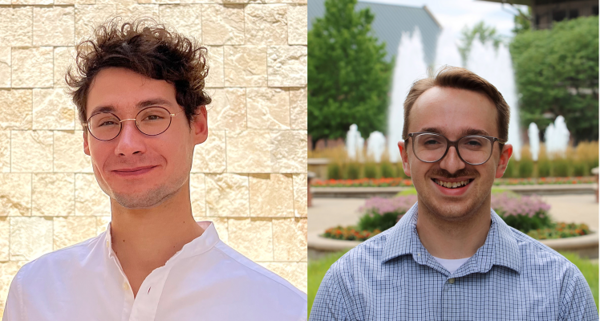Seminar Speakers: CliMAS Graduate Students, Samuel Frederick and Joseph Nied

- Sponsor
- Professor Deanna Hence
- Views
- 53
Joseph's Abstract:
Towards Operationalizing U-Neural Networks for Global Cloud Masking with Satellite Imagers
Across our passive satellite remote sensing instrumentation, there are large uncertainties in determining which pixels contain cloud and which ones don’t, a determination process known as cloud masking. Errors found in cloud masks propagate errors to the remote sensing of geophysical properties, such as sea surface temperature, and aerosol and cloud optical and microphysical properties. Current operational cloud detection techniques use various spectral tests to identify clouds, but do not incorporate spatial textures within satellite imagery, which may improve our capabilities. Advancements in deep learning have developed model architecture to incorporate textures at various spatial resolutions to detect objects. We show that the U-Net model exhibits high accuracy in pixel-level segmentation of clouds. In order to deploy deep learning models operationally for global cloud masking, a training workflow needs to be established that can be scaled globally. We investigate the use of Bi-Tempered Logistic Loss in our training process, to allow models to be trained on current operational cloud masks, while having mechanisms to account uncertainty in training labels. Success in this model and training workflow gives foundation in deploying new deep learning driven cloud masks in the future.